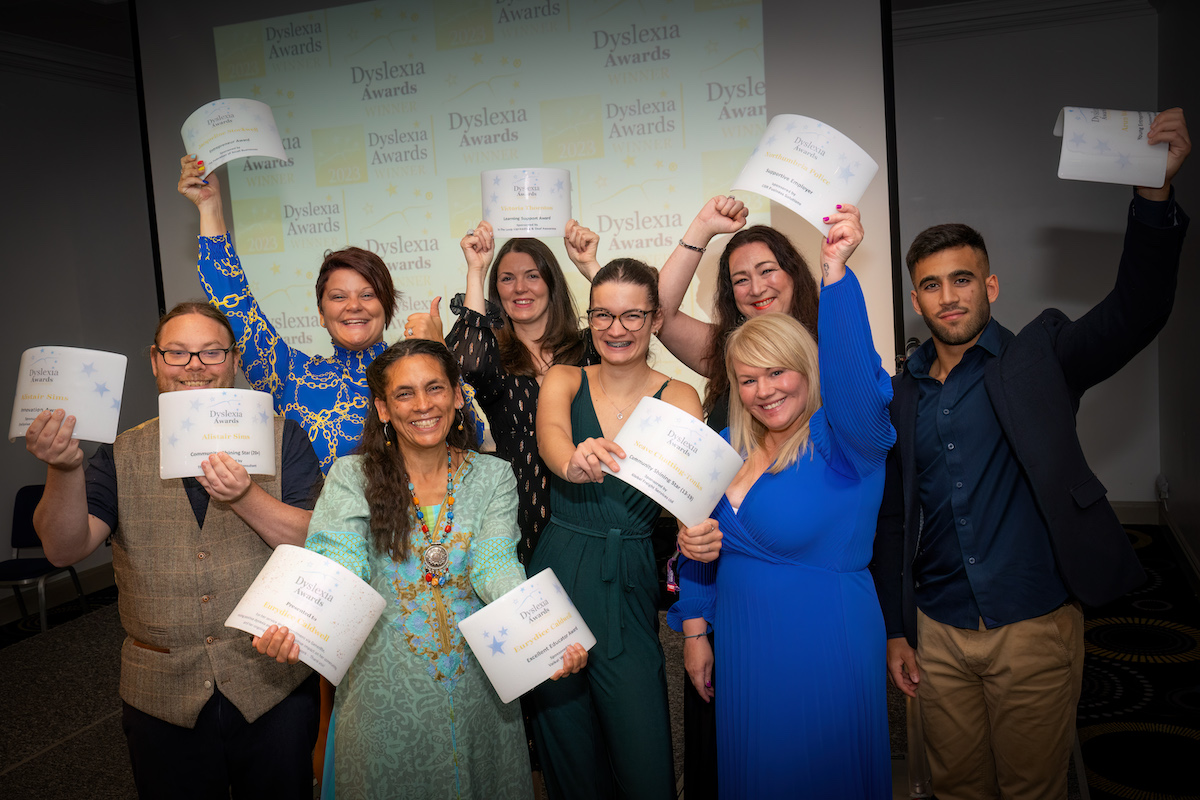Ignoring the importance of citizenship is a risk for our democracy the government can’t afford to ignore

The two most tumultuous events in politics in recent years- Brexit, then Covid- don’t appear to have much in common on the surface. In fact, ironically, while Brexit was all about opportunities for ‘Global Britain’, Covid forced most of us to stay at home for the best part of eighteen months.
However, both episodes have undoubtedly increased the strain on the relationship between citizens and the state. Whatever side of the debate you were on with Brexit, it has been a bumpy road so far. The Covid pandemic saw our personal freedoms restricted in ways not seen since The Second World War. More recently this week we have seen the anti-vax movement in action, a direct, if unfortunate, consequence of people’s lack of trust in the state.
So, what can be done to stop the decline in these relationships, between the government and the people, between institutions and the individual and so prevent them from breaking down completely?
A good way to start would be to improve our knowledge of citizenship, at every level. This needs to start with citizenship education in schools so that everybody learns about their responsibilities as well as their rights. In short, what it means to be a citizen of the United Kingdom. Many independent commentators and academic agree. For example, Sir Peter Gross, who chaired the recent independent review of the Human Rights Act has recommended that “Serious consideration be given by Government to developing an effective programme of civic and constitutional education in schools.”
In 2018, I chaired the Lords cross-party Citizenship and Civic Engagement Select Committee which warned of the risks of when citizenship and civic engagement is eroded. At the end of our inquiry, we were unanimous in concluding that issues surrounding citizenship should be given much greater sustained emphasis by government. We called for a Minister to be responsible for coordination on cross-government civic engagement. However, our calls for action went largely ignored.
We proposed that greater priority be given to citizenship education; reversing the trend of recent years. However, we know that now years later Ofsted is still failing to give adequate support to citizenship teaching in schools in England through its poor assessment and understanding of the subject and its tendency to conflate the subject with PSHE (Personal. Social, Health and Economic education). Citizenship is the only curriculum subject for which no deep dive data is available, suggesting that the regulator has little interest in assessing the impact of citizenship education delivery for students.
The Prime Minister said the establishment of the Department for Levelling up, Housing and Communities (DLUHC) was intended to “embed levelling up commitments and policy on governance in the United Kingdom” but the long-term success of this policy will depend on the support provided by factors such as effective and meaningful citizenship education in schools.
There was no mention of citizenship education in the White Paper published last week, which is telling. I fear that Citizenship education may being further side-lined at a time when it is needed more than ever, a time of national crisis, where communities are becoming increasingly polarised due to fake news and misinformation. Current and future generations surely need to have the skills and knowledge to address the complex and sensitive issues of modern society and teachers must be given appropriate support to explore these issues with their students.
Evidence suggests that the need for citizenship education is clear, the question is, will Ofsted and the Government listen? We’ll find out when my committee reassemble today to question Ministers from the Home Office, Levelling Up and Education government departments, along with Ofsted.
By Lord Hodgson of Astley Abbots, former Chair of the Lords Citizenship and Civic Engagement Committee











Responses